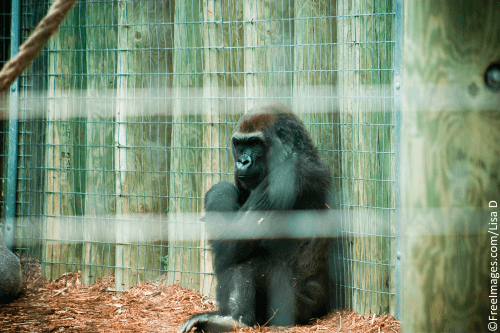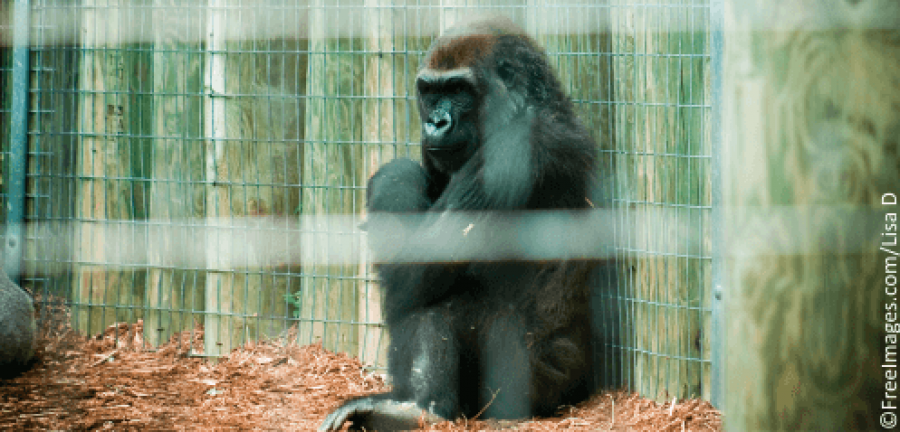How did a 3-year-old boy end up face-to-face with a 400-pound gorilla? Harambe’s death was as preventable as it was tragic.
Western lowland gorillas are gentle animals. They never attack unless provoked. Video of the incident at the Cincinnati Zoo shows Harambe appearing to stand guard over the boy and carefully picking him up by the back of his shorts. They briefly held hands. Eyewitnesses said that it appeared the screams of bystanders agitated and confused Harambe.
According to reports, the little boy didn’t even spend the night in the hospital. He was treated for scrapes and released. No fractures. No internal injuries. And that is the only good thing to come out of this incident.
So who’s to blame for Harambe’s untimely death? Was it the parents, who might not have been supervising their child closely enough? Was it the zoo, which didn’t have an adequate secondary barrier, making it possible for a small child to fall in? Or are we all complicit, by allowing him to be robbed of everything natural and important to him, including his freedom and the opportunity to be a father to his own child?

Gorillas are keenly intelligent, complex, vegetarian animals. Their lives revolve around their families. In the wild, Harambe would have worked to become the leader of his troop. He would have decided where they would stop to eat or rest and where to build their nests at night. He would have put his life on the line to protect his family.
Female gorillas, like all primate mothers, nurture their babies and have shown that they can be protective of smaller living beings. Who can forget gorilla Binti Jua, who gently picked up an unconscious boy who had fallen into her enclosure and cradled him in her arms before carefully handing him over to Brookfield Zoo keepers?
Breeding gorillas under the guise of saving them is a farce, although that doesn’t stop zoos from churning out babies. Newborns are irresistible to the public and bring visitors through the gates. In one final indignity, the Cincinnati Zoo literally squeezed every last possible dollar out of Harambe by “harvesting” the sperm from his dead body. But captive-born gorillas will never be released into the wild or be able to help their wild cousins.
Gorillas do not belong behind bars. At least 14 zoos have used drugs to control “undesirable” behavior in captive gorillas. We should not continue to imprison animals who have to be drugged in order to be controlled and to mask the evidence of their unhappiness. Zoos cannot even begin to meet these magnificent animals’ complex needs. Instead of squandering millions to keep a few gorillas in cages, zoos should work on protecting their besieged natural habitats and fighting poaching. The public can help by supporting reputable sanctuaries that put animals’ welfare first.





